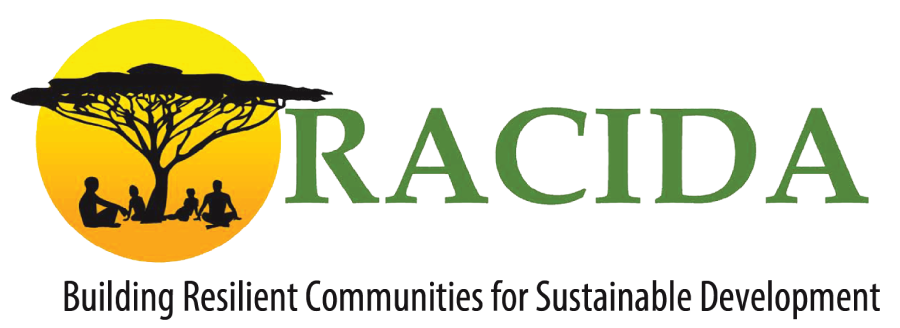
In response to widespread deforestation, recurrent droughts, and the depletion of Indigenous tree species driven by unsustainable charcoal production, Building Opportunities for Resilience in the Horn of Africa (BORESHA-NABAD), funded by the Delegation of The European Union to Kenya and implemented by RACIDA, has launched a market-driven tree-planting initiative in Dollow and Beled-Hawa.
The campaign aims to plant 7,000 trees through an inclusive systems change approach that integrates women entrepreneurs into the tree nursery value chain, including seedling production and market access. By strengthening women’s role in the ecosystem restoration market, the initiative enhances local supply systems, diversifies income opportunities, and supports broader climate adaptation strategies.
In Dollow:
✅ 3,500 trees are being planted across four key sites: Qansahley Primary, Dollow Primary, Dollow Secondary, and the District Police Station.
In Beled-Hawa:
In Beled-Hawa, an additional 3,500 trees are being planted at five sites: Beled-Hawa Primary, Waberi Primary and Secondary School, Dawa Primary School, and Gedo University.
🌱 All seedlings are sourced from 60 women entrepreneurs supported by BORESHA-NABAD nursery groups, positioning them as key market actors while enabling them to generate income through seedling sales.
This locally driven initiative demonstrates the consortium’s commitment to:
🌿 Strengthening climate resilience through nature-based solutions
🌿 Advancing women-led entrepreneurship and inclusive economic participation
🌿 Supporting community-led restoration efforts in fragile ecosystems
